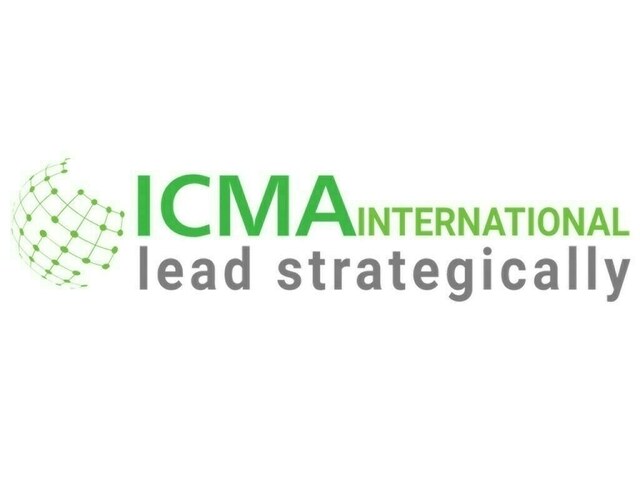KARACHI: The Institute of Cost and Management Accountants of Pakistan (ICMA) has conducted a detailed SWOT analysis of Pakistan’s Islamic banking sector, highlighting its rapid growth, key challenges, and future potential as the country moves toward full Shariah compliance by 2027.
According to the State Bank of Pakistan (SBP) data for September 2024, Islamic banking assets grew by 17.4% year-on-year to Rs. 9,881 billion. Deposits increased by 23.3% to Rs. 7,596 billion, net financing rose by 7.5% to Rs. 3,252 billion, and investments grew by 22.3% to Rs. 4,803 billion. Islamic banking now represents 19% of the total banking industry’s assets and 23.2% of deposits.
Islamic banks have shown greater resilience during economic downturns due to their asset-backed financing model, which provides more stability compared to interest-based conventional banks. A landmark achievement was the Rs. 50 billion (USD 170 million) raised by Lucky Investments Limited in a single day through the IPO of its Lucky Islamic Money Market Fund — the largest Shariah-compliant mutual fund launch in Pakistan’s history.
Key Islamic banks such as Meezan Bank, Al Baraka Bank, Faysal Bank, and BankIslami are expanding their branch networks and customer base across the country. These banks enjoy strong public trust by offering a diverse range of Shariah-compliant financial products.
Despite these strengths, the sector faces challenges including a shortage of trained Shariah scholars and Islamic finance professionals, limited public awareness and financial literacy, and gaps in legal and regulatory frameworks for full Shariah implementation. Additionally, product innovation and technology adoption lag behind conventional banks, and Islamic banking penetration remains low in rural areas and among small businesses.
Looking forward, Pakistan’s Islamic banking sector has strong growth opportunities. The government’s goal of fully Islamizing the banking sector by 2027 will open new markets. Emerging areas such as Islamic fintech, Takaful (Islamic insurance), and Sukuk (Islamic bonds), combined with rising global demand for ethical finance, will support this growth. Strategic partnerships and investments from Gulf and Southeast Asian economies, along with government incentives for Islamic finance development, add further momentum.
However, the sector must navigate threats such as competition from conventional banks offering Islamic windows, potential delays in legal reforms, macroeconomic instability, and global financial regulations that may not align with Islamic banking principles. There is also the risk of reputational damage if Shariah compliance or governance standards are not rigorously maintained.
ICMA stresses that addressing these challenges through stronger regulation, enhanced public education, and faster technological innovation will help Pakistan’s Islamic banking sector reach its target of a 30% market share by 2025. This growth is essential to promote financial inclusion and support Pakistan’s overall economic development.



